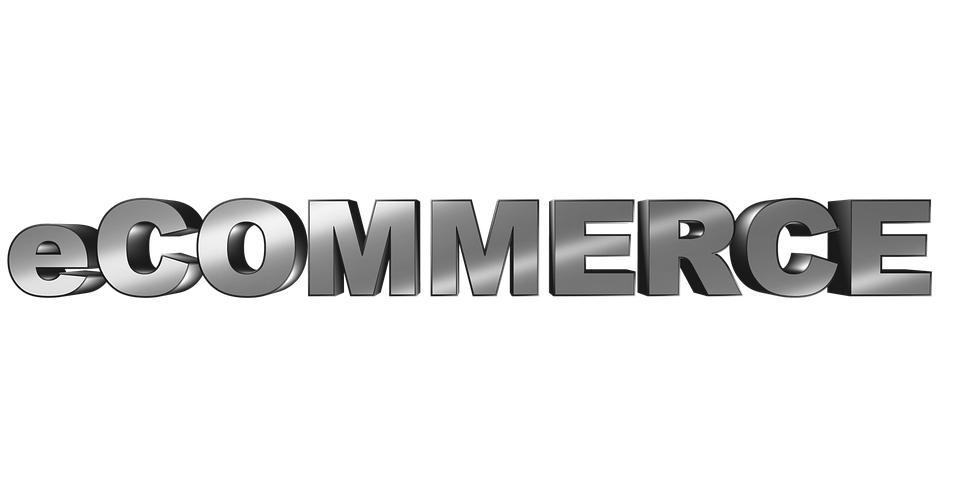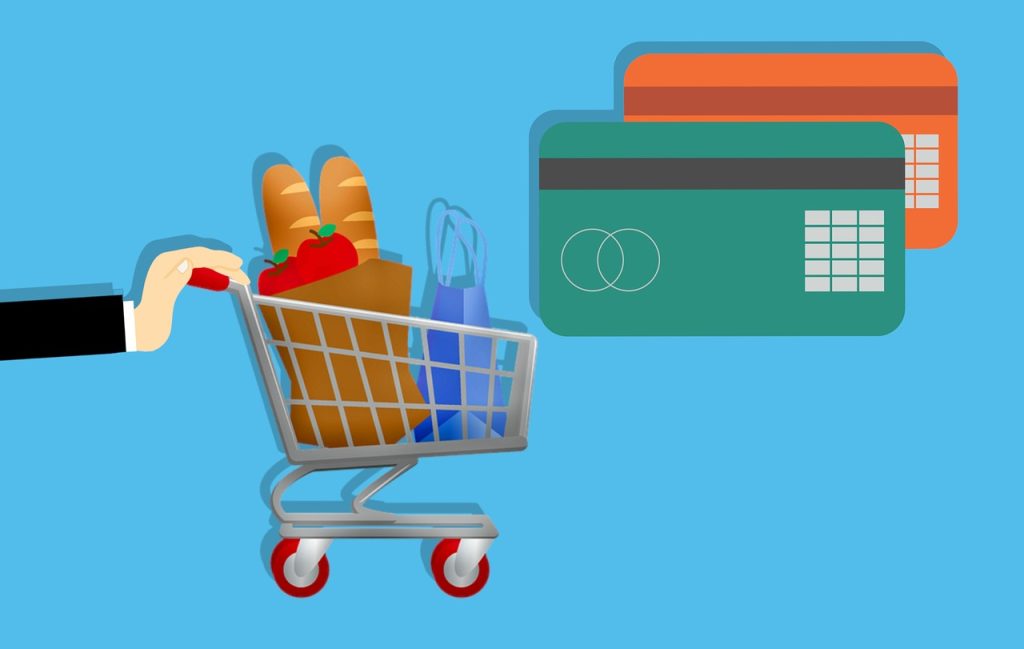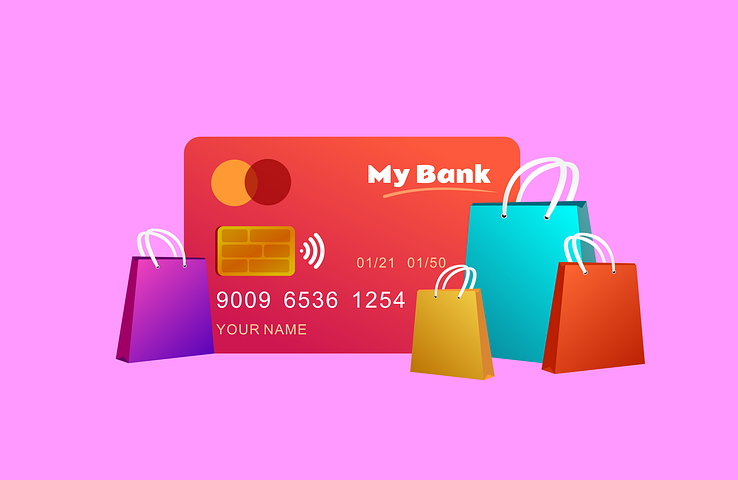As a business owner, you must have an idea that what must be included in the website for a great user experience also, what users expect to be shown on an e-commerce site. Here we are discussing essential and desirable things that must not be ignored when creating an e-commerce store. Read the full article to know about must-have pages on your e-commerce store. You will get a fair idea of what should an E-commerce website include.
Through search engines or paid ads, your user may reach inner pages as well. So along with the home page, other inner pages also must be taken care of.
What pages Do you need on your E-commerce store?
Table of Contents
There is a normal set of pages that e-commerce websites must have as users/visitors of the website have expectations of the pages/details on e-commerce stores. Here are a few questions, which must be taken care of from an e-commerce store owner’s point of view:
What pages do I need?
What should I put on the home/index page?
Do I really need a blog page?
On the About page, should I talk about myself or my company?
Should I have a testimonials/review page?
What Should an E-commerce website include?
There are various elements/pages which every e-commerce website/store must possess for a better user experience and to stay competitive. We have discussed in detail important things to consider during e-commerce web development.

We are discussing each and every must-have page on your E-commerce store in brief here:
Home:
The index page/home page is the main storefront of your store/business. Through this page, the user gets a clear-cut idea about collections, products, featured products, discount/promo codes, and the second level of pages. Most users give maximum time on this page only and when a user is interested to go further, then the only user will go to the second level of the pages
On the home page, users take less than a few seconds to decide whether to stay or leave the store. So home page must be visually appealing with a better user experience.
Category Overview:
Landing page for overall categories, where all collections may be listed along with some appealing photographs.
You may also showcase the category /collection name on the home page so that user have some interest in those collections as well as gives an idea about the range of products in one go.
Have less than 12 categories for your e-commerce store
The best practice for category navigation is to have main categories in the range of 5-12 else by including multiple categories users may be confused.
Category Page:
This page is a list view of all products in specific categories. On this page, the focus is intended for customers to select one or more than one product for sale perusal.

Product Page:
This page gives an idea about the product description of each and every product. Here call to action is provided as add to cart or make a wish list.
Search and Search Results:
E-commerce sites must have search functionality for customers who do not want to check all pages and get the products of their choice.
Filters may be added to further refine search results so that users may place the order/shortlist quickly and buying decision is undertaken fast.
Login/Create Account:
Modern e-commerce websites must have a login option so as to save information as well as view purchase history/invoices etc.
Some users who are regular ones want information about orders/profiles/addresses/cards details, etc. saved in the login area and the user is able to place orders very fast. Sometimes it is too difficult to remember passwords for each and every site so, in case of forgetting passwords, the option to reset password should be very easy and authentication should be hassle-free.
Cart:
Cart is the place where the customer keeps saving the intended purchase items and selects what to be purchased. There should be an option to increase/decrease product numbers, and remove the specific product as well.
This is the place where promo code may be used so that it also helps to understand what is actual/real price after the promo code, and also shipping cost if any should be shown there.

Guest Checkout:
For those customers, who do not want their information to be saved, by using the guest login option, only either email/mobile number will be taken to order and login details are not saved. It’s a normal practice to show the benefits of login as well as the option to create an account login.
My Order:
It is the order history page, where users may check old orders, and invoices, as well as users, may be able to re-order. It also helps to keep track of refunds/returns etc.
Returns/Refund Page:
The return/refund policy page should be very clear to understand as the user is equally concerned about the assurance of the return/refund /exchange policy of different e-commerce websites. So this information should be placed very clearly either on the return/refund page or on the product page itself.
Store Locator/ Contact Us Page:
On the e-commerce store websites there should be clear information about contact details, (address/email/contact numbers/WhatsApp number/chat option, etc.) Also sometimes few users check that what is the address of the nearest physical location of the shop. For example, Croma is providing an online site as well as a listing of each and every store detail along with a map and working time.
Feedback/Review:
There should be a section on the website / near products, there should be an option to review/provide feedback/rate.
FAQ Page:
Here most frequent questions related to the shopper’s point of view are discussed. Answers should be very clear and crisp and persuasive to take buying call of action. It will answer everything related to website browsing.

What is the most important page of the website?
Generally, a normal website must have pages like are home and contact us page. Now day e-commerce is in trend (you may read an article on the importance of e-commerce for your business ), so if you are running an e-commerce website, Category page, product page, search, login, cart, guest login, feedback, store locators, feedback pages are must have required pages for an e-commerce website.
There are other pages as well which are common in an e-commerce website like about us (which should show details about the company ), blogs, careers page, and more like that.
We have also enlisted important e-commerce trends in a separate article, which will give you more ideas about futuristic trends. Read the detailed article here.
E-Commerce website essentials pages:
Please check that Does your e-commerce store have all the e-commerce essential pages? If not you may add these pages in the store, so you can start pulling more customers and in turn more sales. In case of any help is required for adding/restructuring must-have pages/elements, you may get in touch with us.
The above list covers everything that is needed at a basic level, although it is not limited to these only. E-commerce site requirements differ from niche to niche and the unique goal of the store/brand.